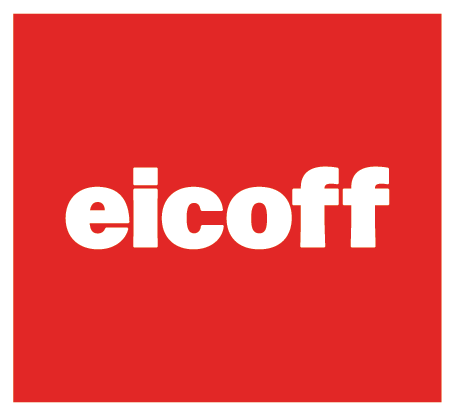How NOT to think about Digital
To capitalize on the enormous potential of advertising in a digital universe, we really need to think about digital differently.
Once upon a time, the worlds of digital and analog were considered to be as separate as the digital display of a radio clock and the ticking clock on the wall with mechanical hands. Today, these worlds are finally converging. In the marketing arena, what takes place in the non-digital space affects the digital one—and vice versa.
This is exactly what we’re seeing as more and more marketers turn to the expertise of attribution/analytics firms. As they dig into their own data, they are making a surprising discovery – “non-digital” media is driving a significant portion of their “digital” sales.
For example, a consumer sees a TV ad for XYZ Security and Googles “XYZ Security” on his/her iPad. That initial contact will be tracked as a “digital” Paid Search visit. Looking at the PPC cost of the keyword (let’s say $8) – you’d say that’s a pretty good acquisition cost. But where is the cost of the TV ad factored in? How do you attribute that cost? I would suggest that the cost of that unique visit is significantly more than $8.
In fact, I’d propose that any “Branded” Paid Search visit should be attributed to anywhere but “digital.” What did “digital” do to drive the visit? People rarely type in a “branded” keyword unprompted.
Let’s spin it forward. The “XYZ” visit doesn’t turn into a lead, so you instead re-target the unique visitor with a display ad using a cookie your digital team has implemented. If successful, your unique visitor now turns into a lead that will be tracked as a “digital” Display lead. But is it really?
I think you see where I am going with this. This highly qualified lead that you’ve captured would have never happened without the TV ad, and yet, “digital” results would imply there should be more investment in “digital.” But how do you invest more in something that isn’t there to begin with?
Many of our clients still utilize an 800# because they find potential leads convert better on the phone than they do online. If the phone lead doesn’t convert into a sale, they most likely will send them an email or direct mail piece. If they convert to a sale, does the client attribute that sale to email or direct mail? Of course not, the heavy lifting came from the initial media spend. Why is “digital” different?
Let’s remember that Google’s initial business model was based on giving people access to a Yellow Pages model online. Google wasn’t in the business of generating sales leads, they were in the business of closing sales leads.
I would propose that not much has changed.


